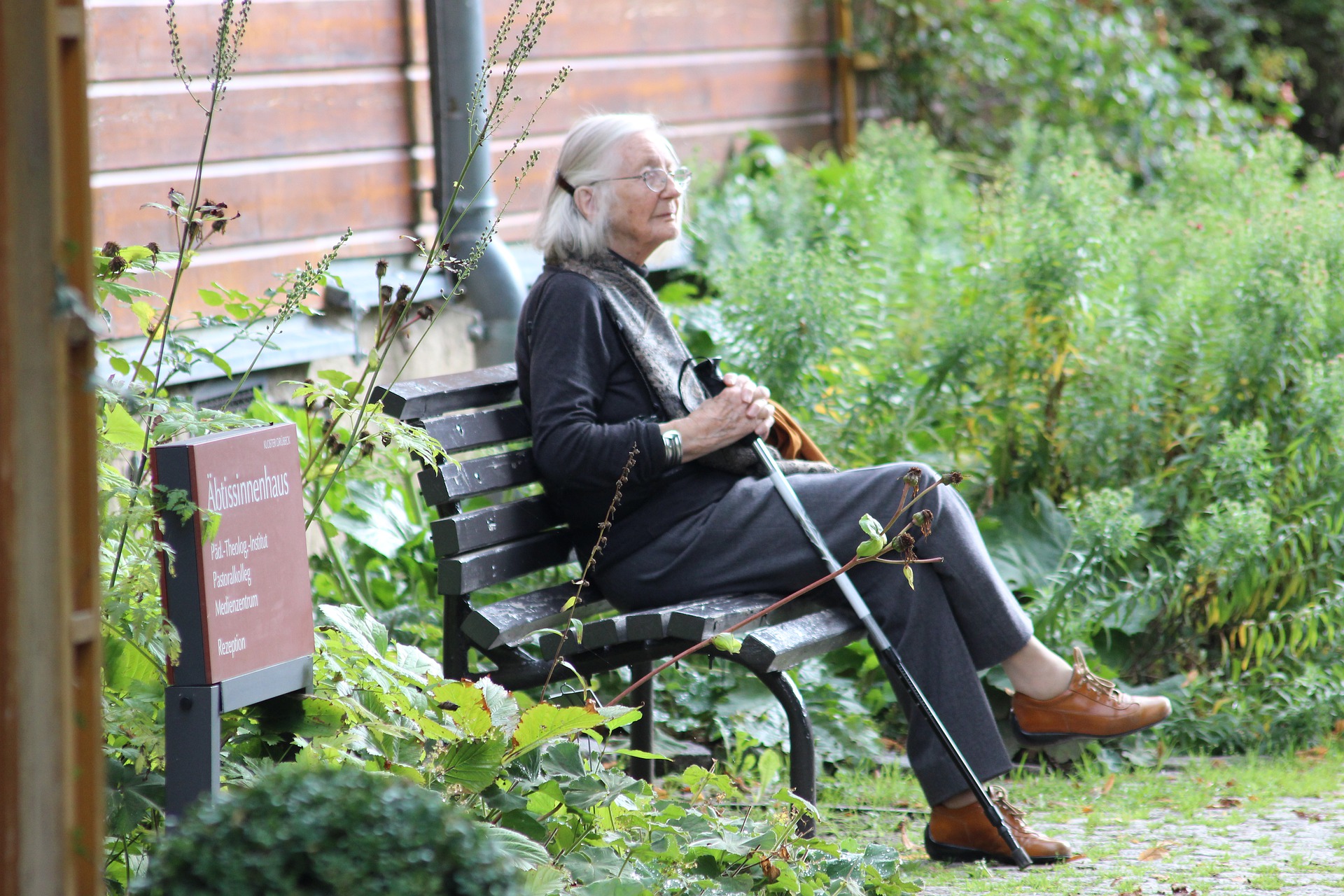The roles are often reversed when your parents get older, and you may need to take care of them. This may include ensuring they take their medication and attend every doctor’s appointment. Unfortunately, most parents don’t want to bother you and usually keep you in the dark about their needs. Is your parent conveniently forgetting about paying their bills or refusing to let you in on their healthcare needs? Here are some top reasons you need to claim guardianship over them.
Refusal to sign a power of attorney
This is a common situation even after the parent is diagnosed with early signs of dementia. In such cases, it is okay to allow the parent to handle or sign checks as long as they know what they are doing. However, call your attorney immediately and file for guardianship when you notice they sign anything you put in front of them. Filing for guardianship can be costly and time-consuming, but it is no excuse not to look out for your mom or dad. Fortunately, law firms like Beyond Law Group can make things easier regarding family law, including claiming guardianship of a parent.
Investments and real properties being sold
Guardianship may be required in some circumstances after a parent has signed a power of attorney. And depending on your state’s regulation and the sort of power of attorney the parent signed, you may have to appoint a guardian to sell a parent’s home or investment. This is normally the case when a parent needs to pay for nursing home care, medical treatments, or cover some living expenses. Selling a property can be a big deal, and in most cases, elderly adults may struggle to do that themselves. You can’t risk unscrupulous individuals having undue influence over them.
Disagreement over medical care
Every individual should be able to make their own healthcare decisions. Unfortunately, ageing and other medical conditions can impair a person’s ability to exercise good judgment. At this point, obtaining guardianship may be a viable option if your parent refuses to do what is required, like moving to a care facility. Even if you don’t want to petition the court for guardianship of your elderly parent, it may be in their best interests to do so. You may, however, need to act immediately. Knowing when to seek guardianship increases your chances of protecting your ageing parent’s interests.
Compromised decision-making

Certain circumstances may require seeking limited guardianship of a parent. Courts appreciate that some people may require some assistance in some areas of their lives, although they can exercise control over others. Therefore in most cases, the courts favour granting only limited guardianship instead of stripping away an individual’s total control. You may have to prove incapacitation to get guardianship. For instance, you must show proof that the parent struggles to decide on their health and safety. This is more common in parents who have medical illnesses such as dementia or Alzheimer’s disease, which might impair their ability to make decisions.
Image Credits: Leandro Aguilar, Udo Voigt




Like this article? Share with your friends!